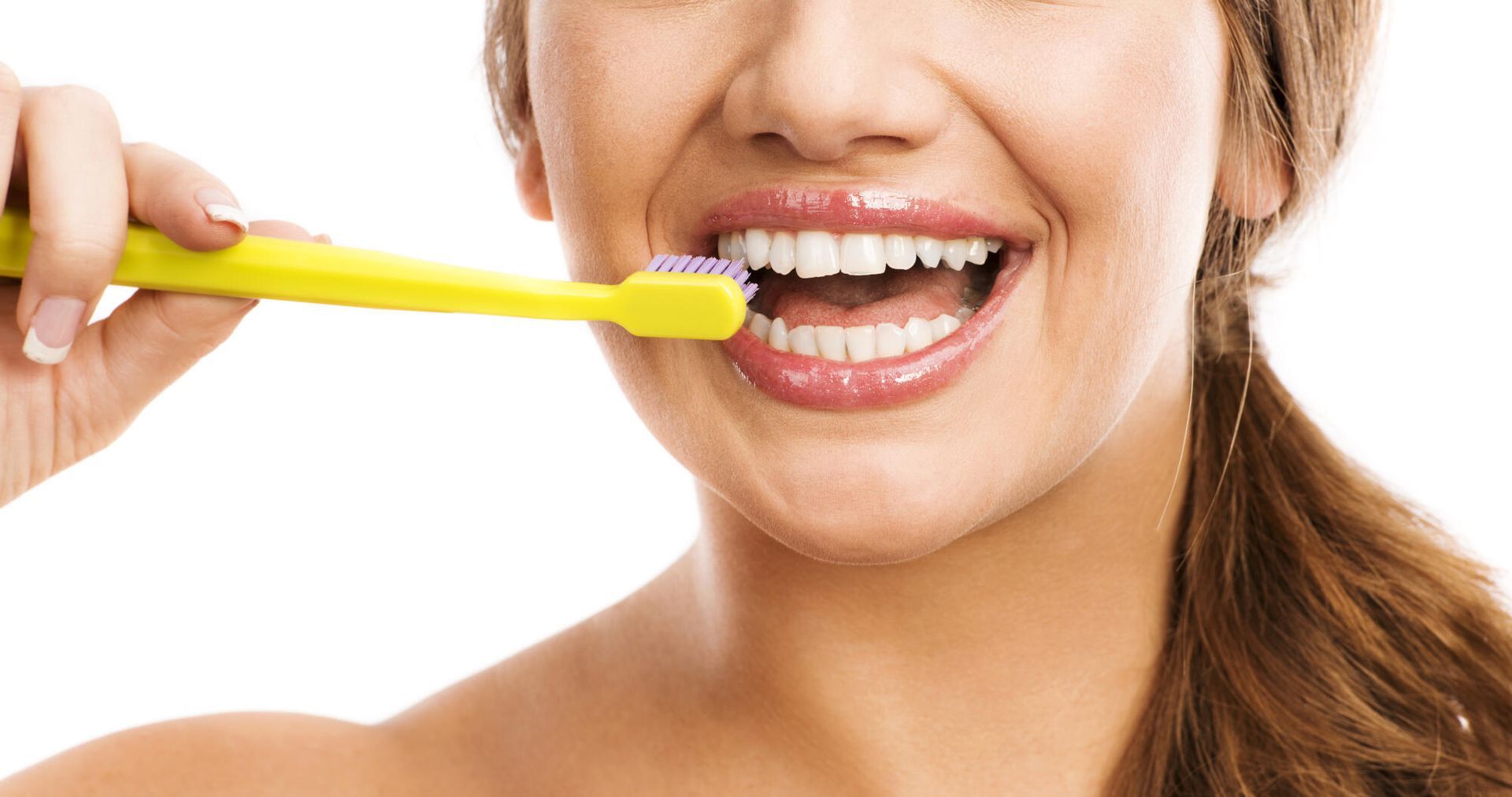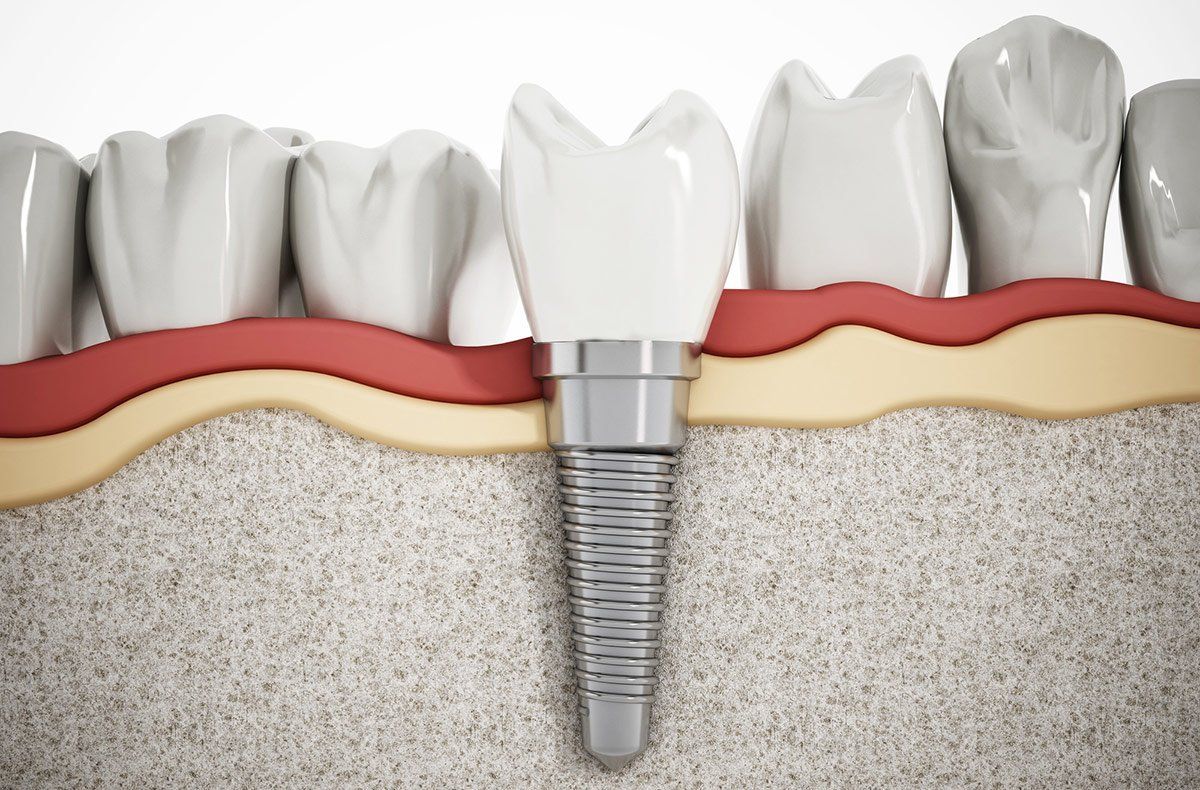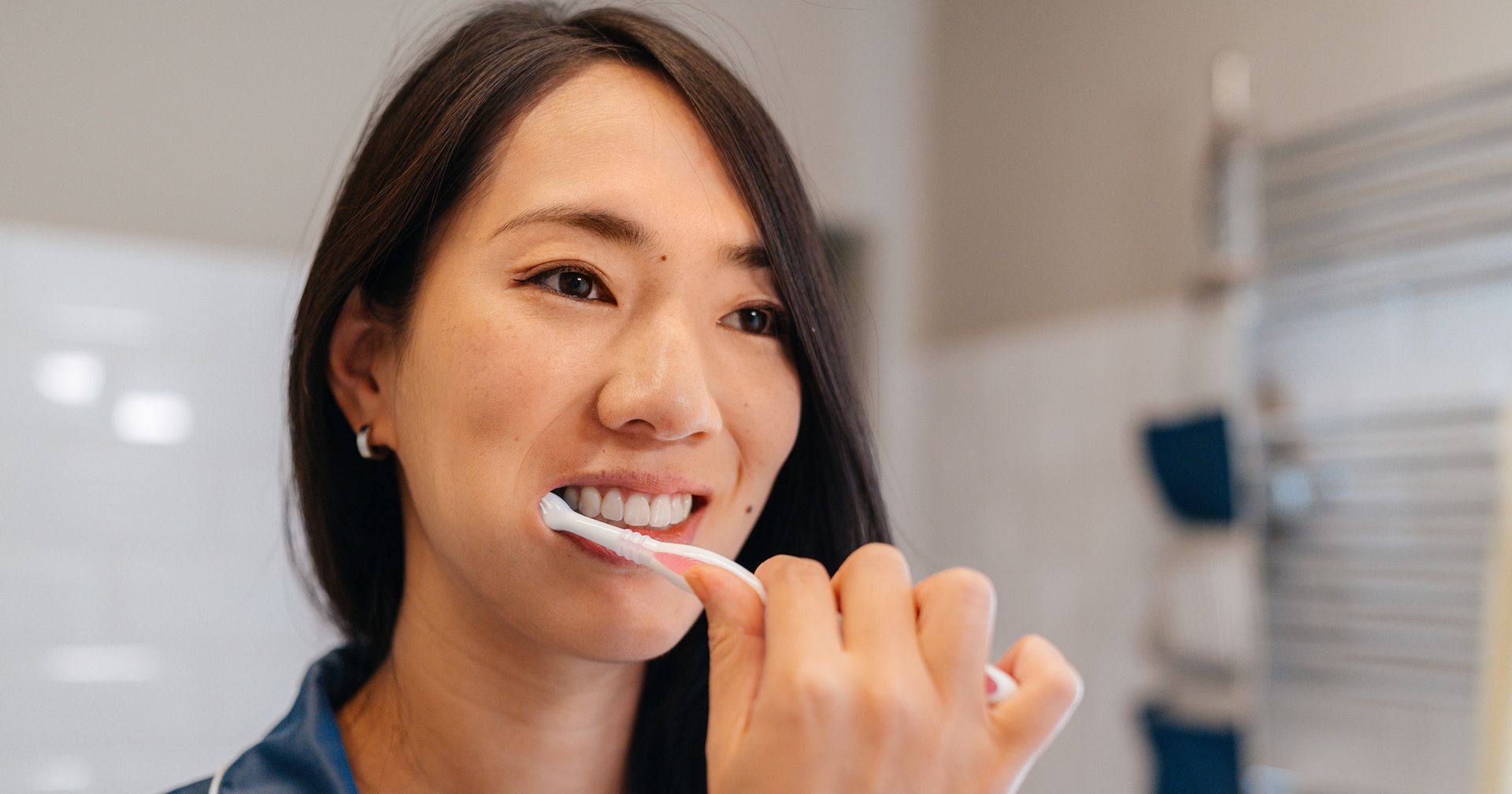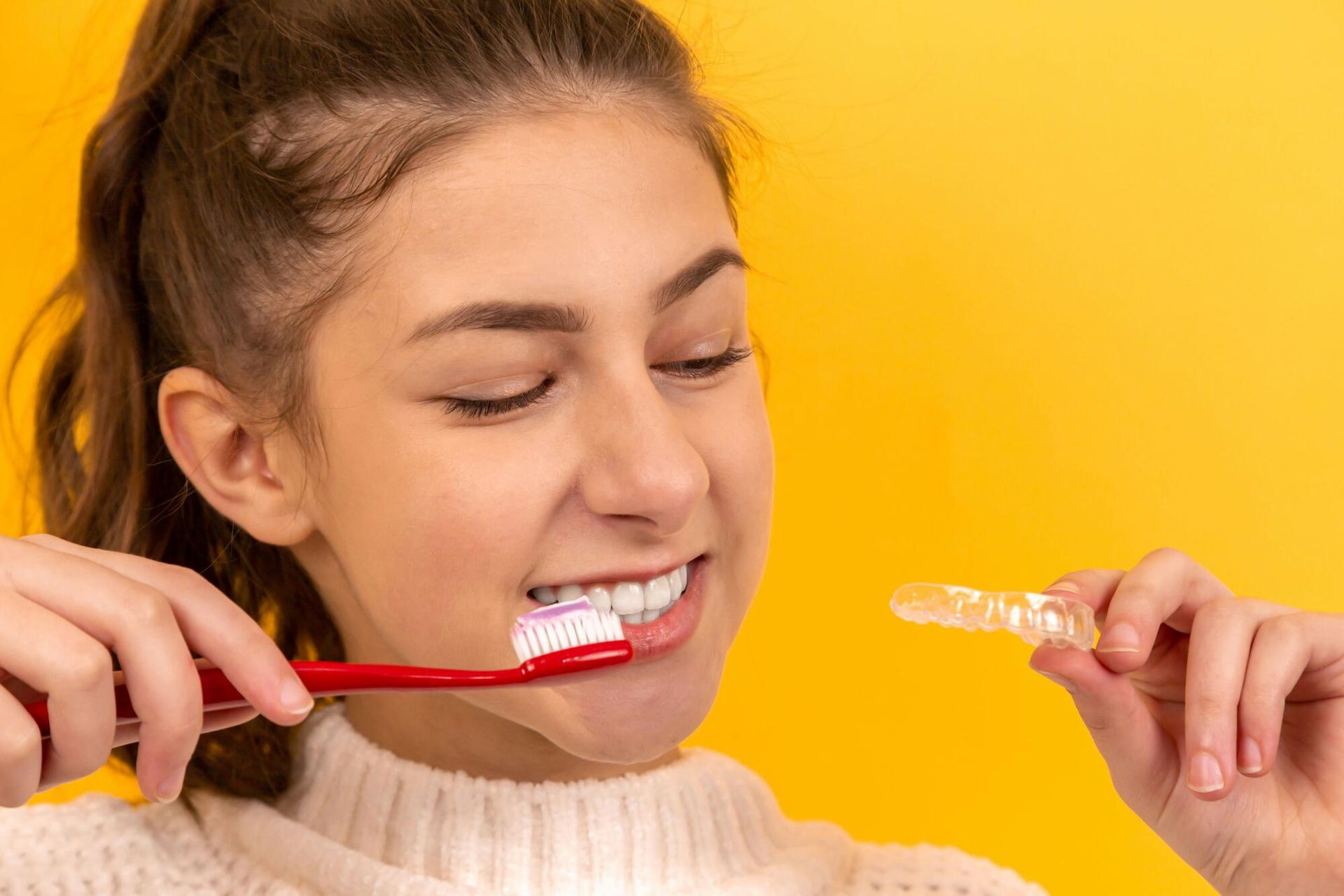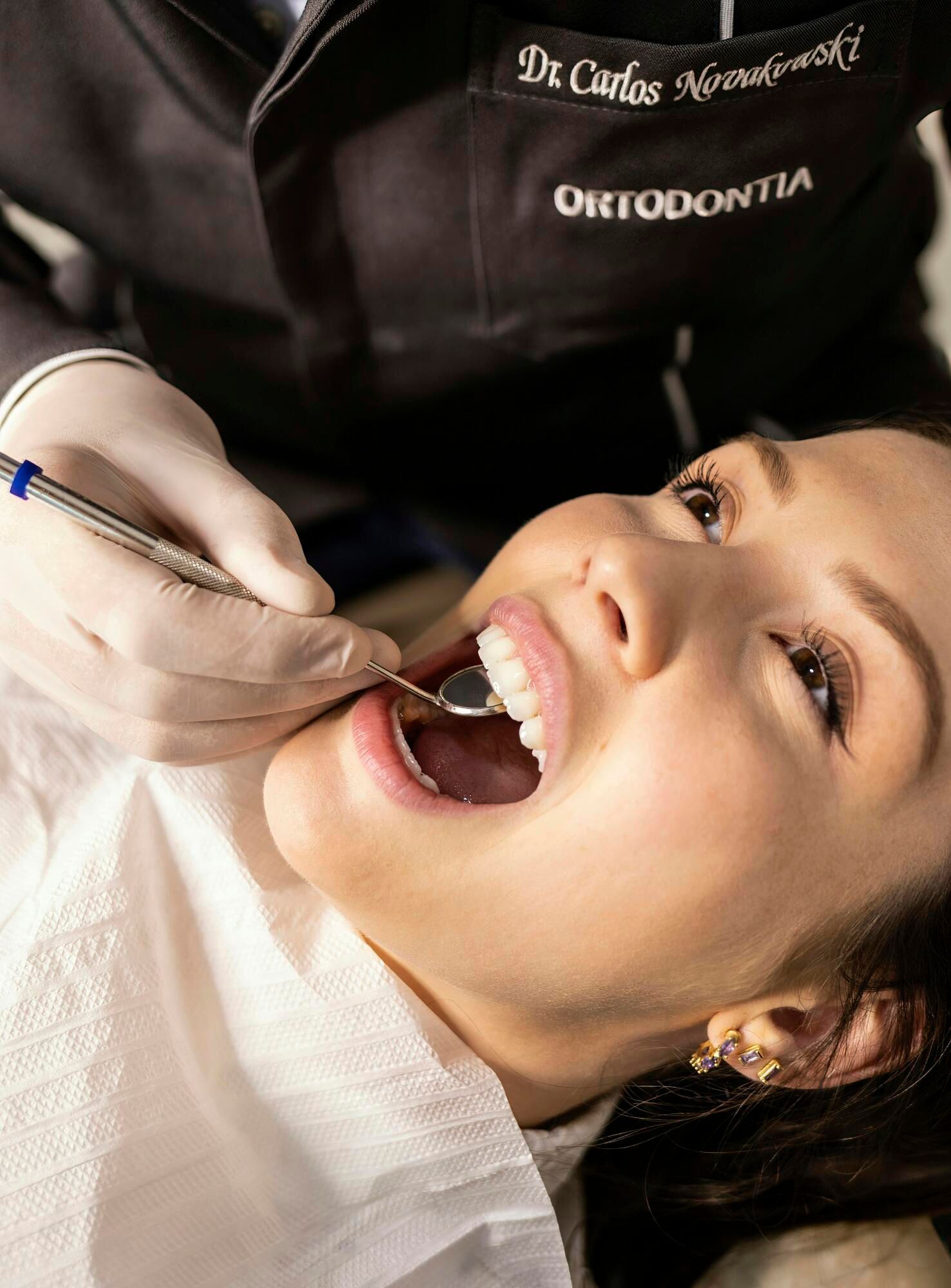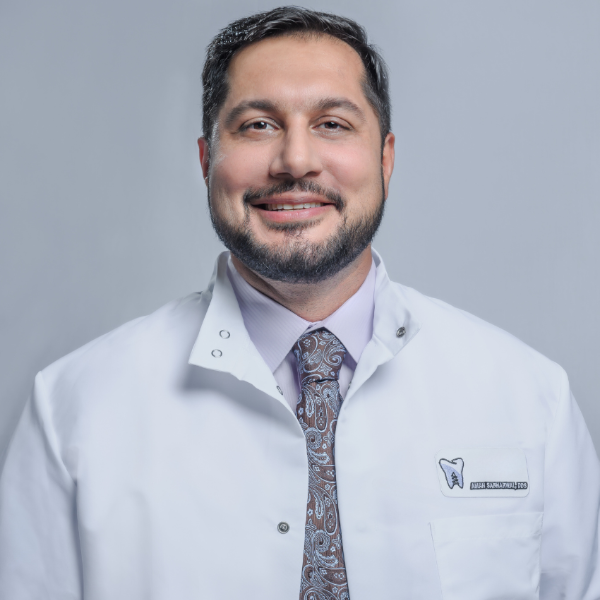The Best Dental Implants and What to Expect With Each One
Finding the best dental implants is important as these implants are meant to help you live life to the fullest. Here's what to expect with each type.
Having damaged or missing teeth can not only affect the confidence that you have in your smile, but they can also cause problems when eating and may leave you open to infections.
Having these missing teeth replaced will help to improve all of these areas.
While you can opt for dentures or dental bridges, the most effective solution for replacing missing teeth is to have full dental implants fitted.
Dental implants are a popular procedure, with over 5 million people new implants placed in the United States each year.
But with different procedures on offer, which are the best dental implants for you?
In this article, we’ll discuss the various options for dental implants and what you can expect with each one so that you can make an informed decision.
What Are Dental Implants?
Dental implants are structures that are used to replace missing or damaged teeth. The missing tooth, or crown, is fixed to the jawbone using a screw-like device.
Dental implants are permanent. Unlike dentures, they are fixed in place. This means that they won’t move around while eating as dentures might.
If you’re looking for a more natural appearance, your dental implants will be created specifically for your mouth. This means the color of your dental implants will match your other teeth.
By having dental implants, you will be reducing the risk of cavities and sensitivity in nearby teeth.
There are two different types of dental implants Endosteal and Subperiosteal.
Endosteal
Endosteal dental implants are the most commonly used. In this type of implant, the crown is screwed into the jawbone, providing solid support for your replacement tooth.
This type of dental implant makes use of small screws, which are usually made of titanium.
Due to the way that this type of implant is fixed into your jawbone, this is the more effective option.
Subperiosteal
There may be situations where it won’t be possible to carry out an Endosteal dental implant procedure.
This may be because there is a lack of suitable healthy bone in the jaw. In these instances, it may be possible to have a subperiosteal implant instead.
With the subperiosteal procedure, the implant is affixed above the jawbone.
This type of implant is the least effective.
What Is the Procedure for Dental implants?
When having dental implants, the first stage in the process will be to have any remaining damaged tooth to be removed.
If your jawbone is too soft or not thick enough, you may need to have this grafted. This will make sure that it is strong enough to take the pressure of the implant, particularly when chewing. This process can take several months.
Once your jaw is ready to accept the implant, it will be time to have it put into position. To do this, your dentist will cut through your gums and drill into your jawline. At this stage, a temporary denture can be used.
Once this has been done, it is essential to wait for bone growth in your jawbone to occur. This again can take several months.
Next, your dentist will fit the abutment. This is the screw-type element on which the crown will be fitted.
You’ll then have your replacement tooth made up. This will be created using impressions of your mouth so that you get a tooth that fits perfectly.
Who Is a Suitable Candidate for Dental Implants?
To ensure that you are a suitable candidate, your dentist will need to know about any existing health issues that you might have.
In particular, they will need to know if you have diabetes or if you have an uncontrollable metabolic disease. Conditions such as HIV, AIDs, and osteoporosis may also put you at a higher risk of infection or implant failure.
Your dentist will need to know whether you are a smoker and how much you smoke. Heavy smokers may not be suitable for dental implant procedures.
If you have a condition that makes you grind your teeth, this may make dental implants unsuitable.
The quality and quantity of your jaw bone will also have an impact on your suitability for the best dental implants. Your dentist will assess your jaw and, in some cases, may offer a bone graft to improve the strength and density of the jaw.
Are There Any Risks Associated With Dental Implants?
There are some risks associated with dental implants, and it is important that you understand these and how the process works.
The type of complications that people may experience following a dental implant procedure might include:
- A loss of feeling in the area due to nerve damage
- The implant moving from its desired position
- The implant becoming exposed above the line of gums
- The incision in the gum re-opening
- An infection in the gums
Your dentist will carry out assessments on how well your dental implants have taken following the procedure. They may ask to see you again a few times to ensure everything is as it should be.
People’s experiences will differ depending on the number of teeth that they are having replaced, where these are in the mouth, the quality and quantity of the jawline, and their general oral health.
If you have any concerns over any of the associated risks, speak with your dentist.
Choosing the Best Dental Implants for You
Dental implants can help you to improve the appearance of your smile. You’ll also be able to enjoy eating whatever you like without the need to worry about discomfort.
The quality of life that dental implants provide is much higher than other types of replacement teeth. However, the procedure is longer.
Understanding which are the best dental implants to get will help you to make the right decision for your oral health.
To find out if you are a suitable candidate for dental implants or to find out more about the procedure, get in touch today to make an appointment.
